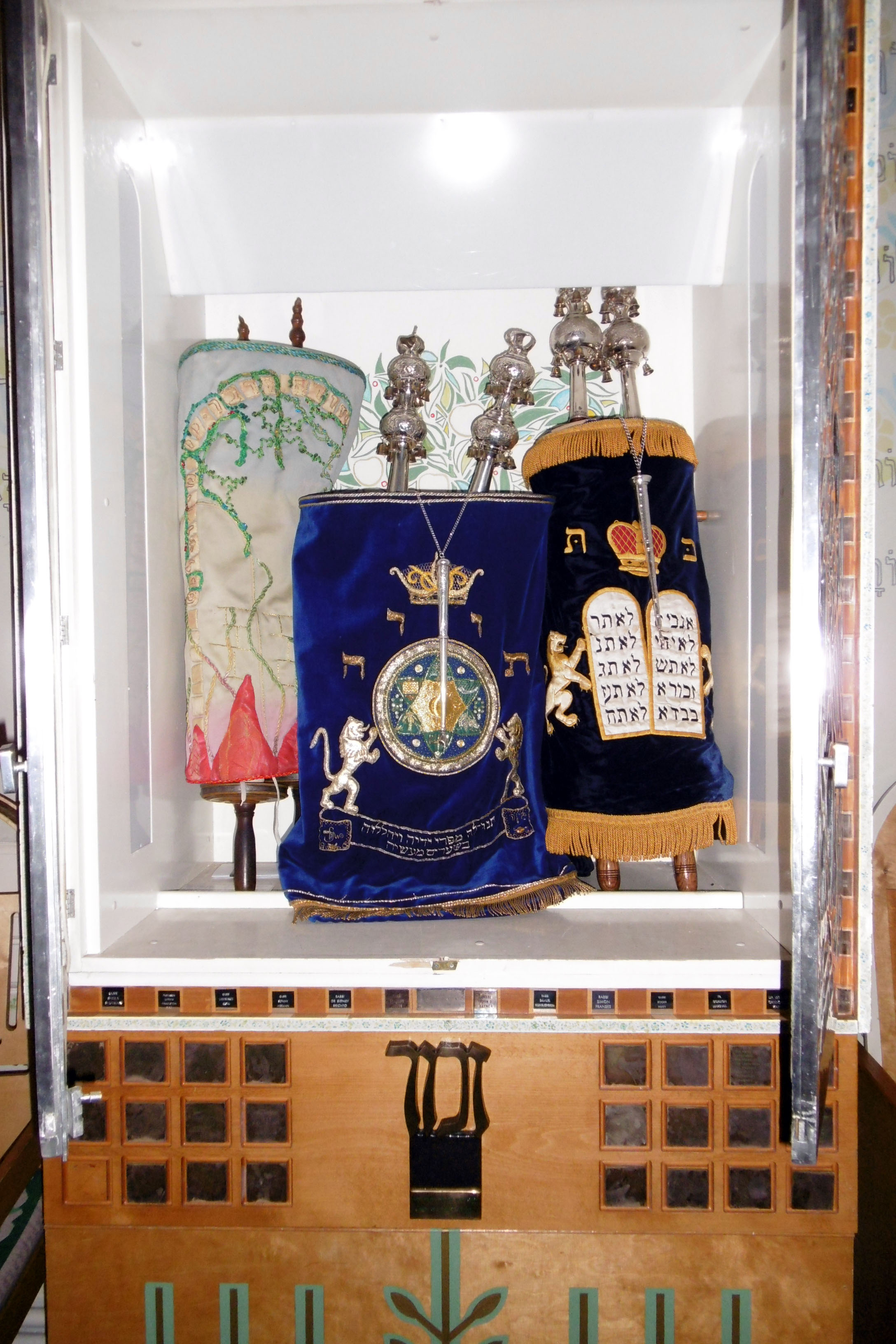-------------------LEARN TORAH-CANTILLATION: HERE-------------------
This page is about the liturgy of the torah-service.
It consists mainly of songs (and is easier than you may think !!)
The structure of the torah service
Download the overview of the torah service seen in this film (pdf).
Learn to Lead the service
This film shows you which tunes to sing on what page and what action you do at what place.
